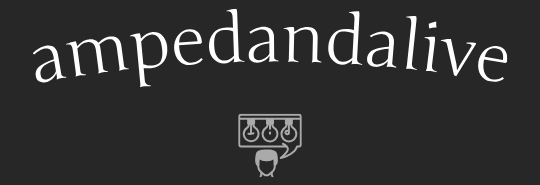Unlocking the Secrets of Digital Art Backgrounds
Understanding the Basics
For beginners venturing into the world of digital art, mastering the art of creating backgrounds is an essential skill. Backgrounds serve as the foundation for your artwork, setting the stage and creating atmosphere. Before diving into more advanced techniques, it’s crucial to understand the basics of composition, perspective, and color theory.
Choosing the Right Software
The first step in mastering digital art backgrounds is choosing the right software. There are many options available, from industry-standard programs like Adobe Photoshop and Illustrator to more accessible tools like Procreate and Krita. Experiment with different software to find one that suits your workflow and artistic style.
Experimenting with Brushes and Textures
Once you’ve chosen your software, it’s time to experiment with brushes and textures. Brushes and textures can add depth and dimension to your backgrounds, whether you’re creating realistic landscapes or abstract compositions. Take the time to explore different brush settings and textures to find ones that complement your artistic vision.
Mastering Composition and Perspective
Composition and perspective are crucial elements of creating compelling backgrounds. Pay attention to the placement of elements within your composition and use perspective to create depth and dimension. Experiment with different compositions and perspectives to find ones that best convey the mood and atmosphere you’re aiming for.
Playing with Color and Lighting
Color and lighting play a significant role in setting the tone of your artwork. Experiment with different color palettes and lighting effects to create the desired mood and atmosphere. Pay attention to how colors interact with each other and use lighting to create depth and focal points within your composition.
Adding Detail and Texture
Detail and texture can bring your backgrounds to life, adding richness and complexity to your artwork. Experiment with different techniques for adding detail and texture, such as layering textures or using textured brushes. Pay attention to the level of detail in different areas of your composition and use texture to create visual interest.
Finding Inspiration in Nature and Art
One of the best ways to improve your background skills is by studying the world around you. Take inspiration from nature, architecture, and other forms of art. Pay attention to how light interacts with objects and surfaces, and use this knowledge to inform your own artwork.
Seeking Feedback and Critique
As you continue to develop your background skills, don’t be afraid to seek feedback and critique from other artists. Join online communities and forums where you can share your work and receive constructive criticism. Take feedback on board and use it to improve your skills and grow as an artist.
Practice, Patience, and Persistence
Finally, mastering digital art backgrounds takes practice, patience, and persistence. Don’t be discouraged if your early attempts don’t turn out as you hoped. Keep experimenting, keep learning, and keep pushing yourself to improve. With time and dedication, you’ll develop the skills and confidence needed to create stunning backgrounds that enhance your artwork. Read more about digital art background tips

